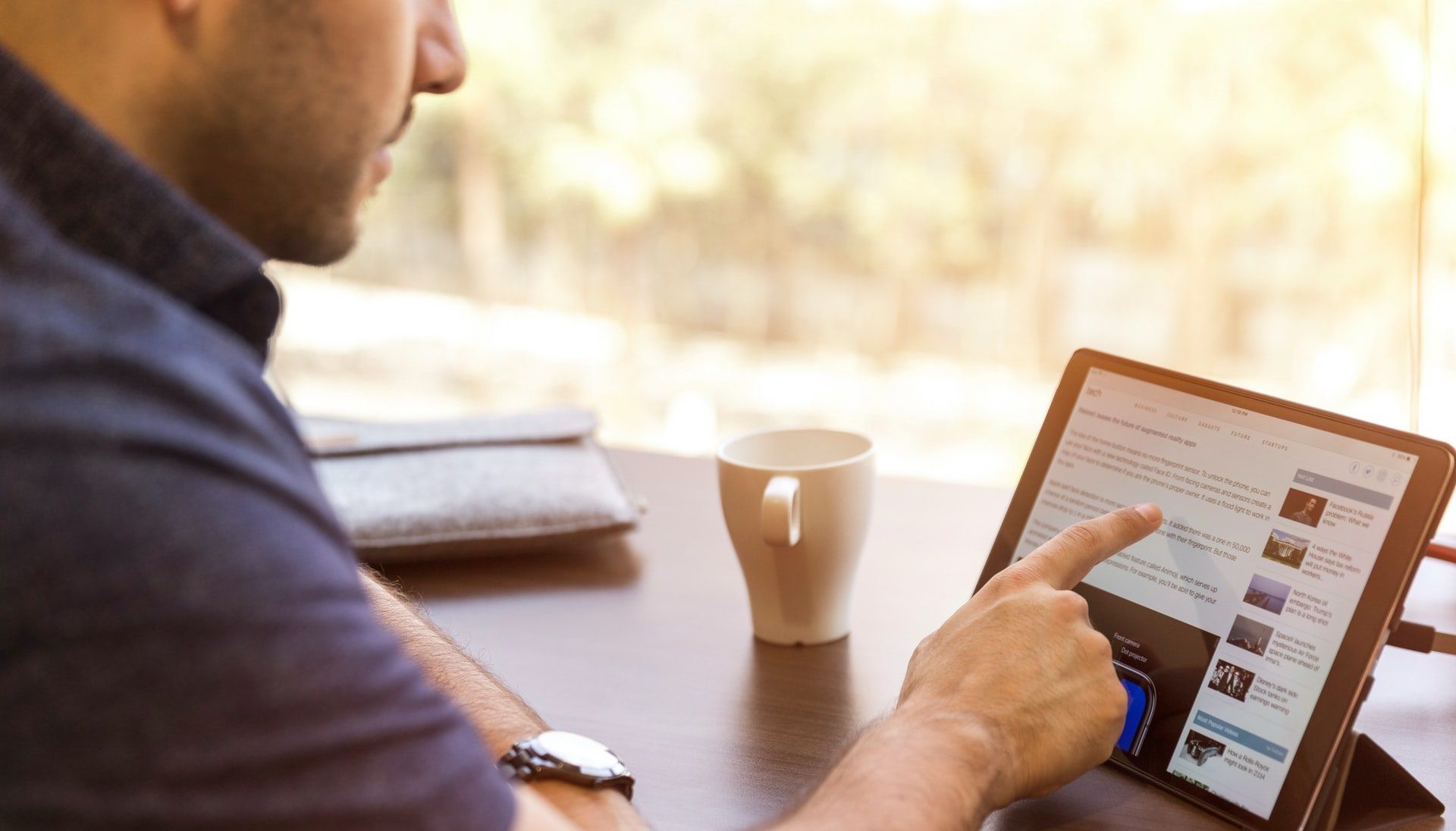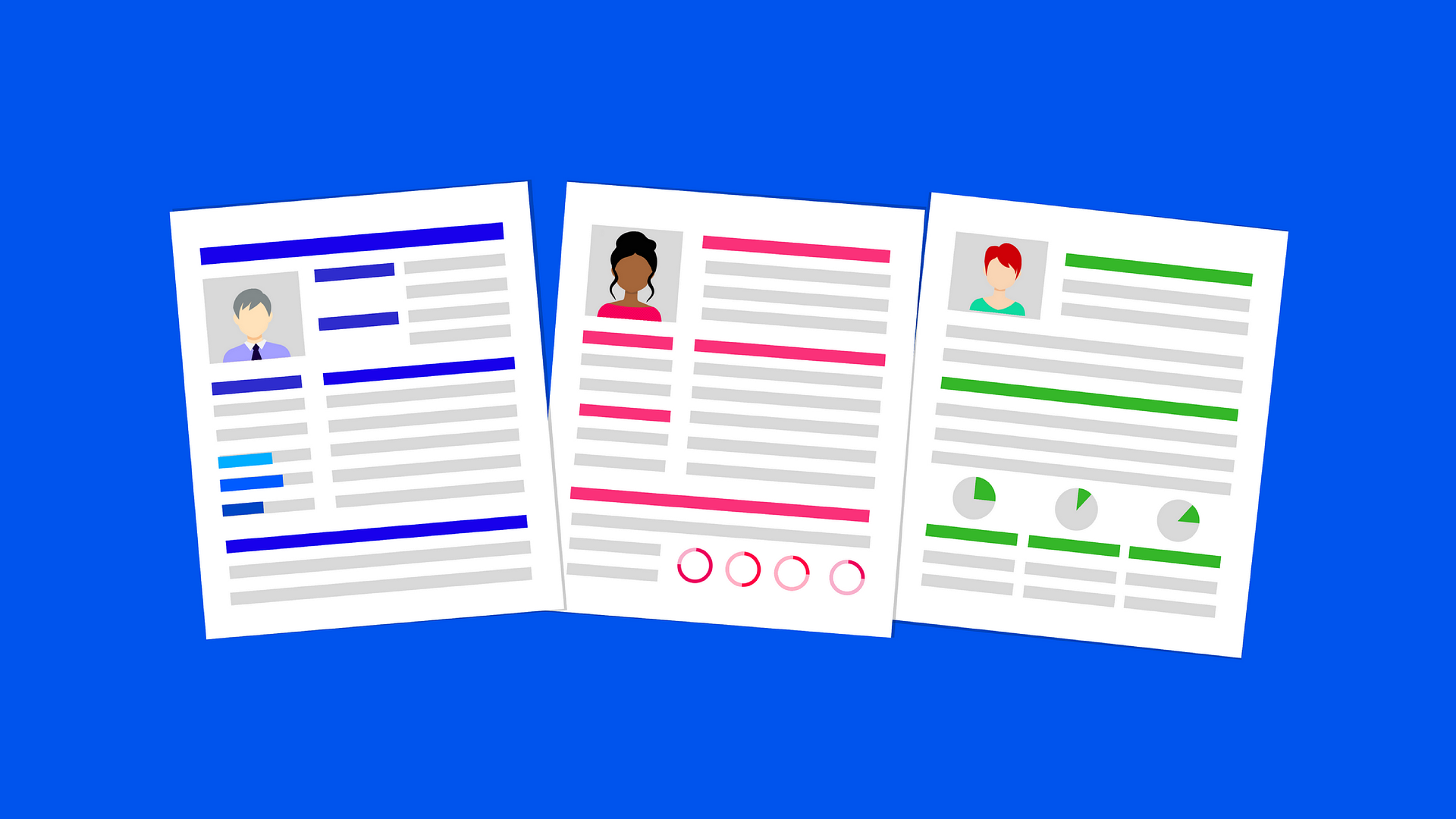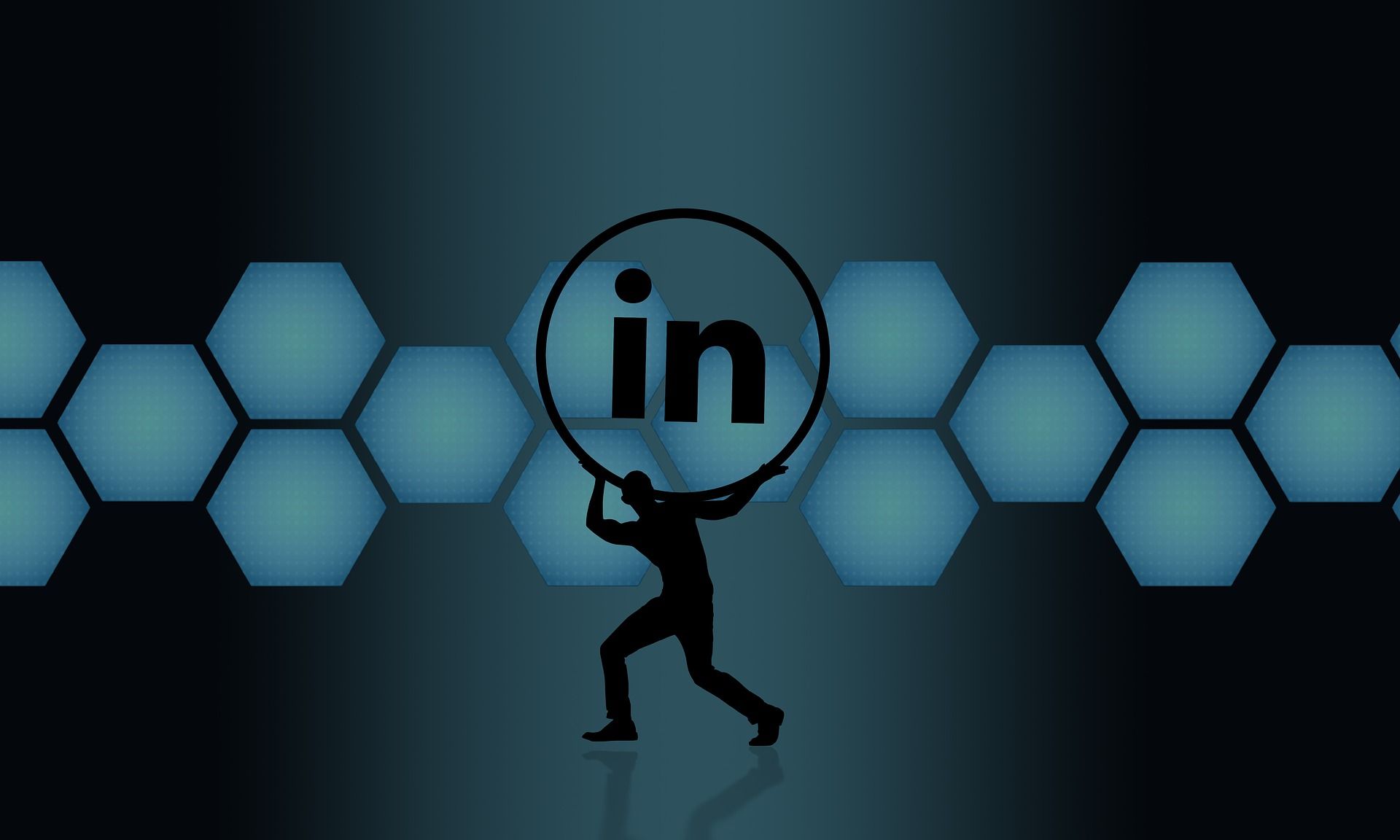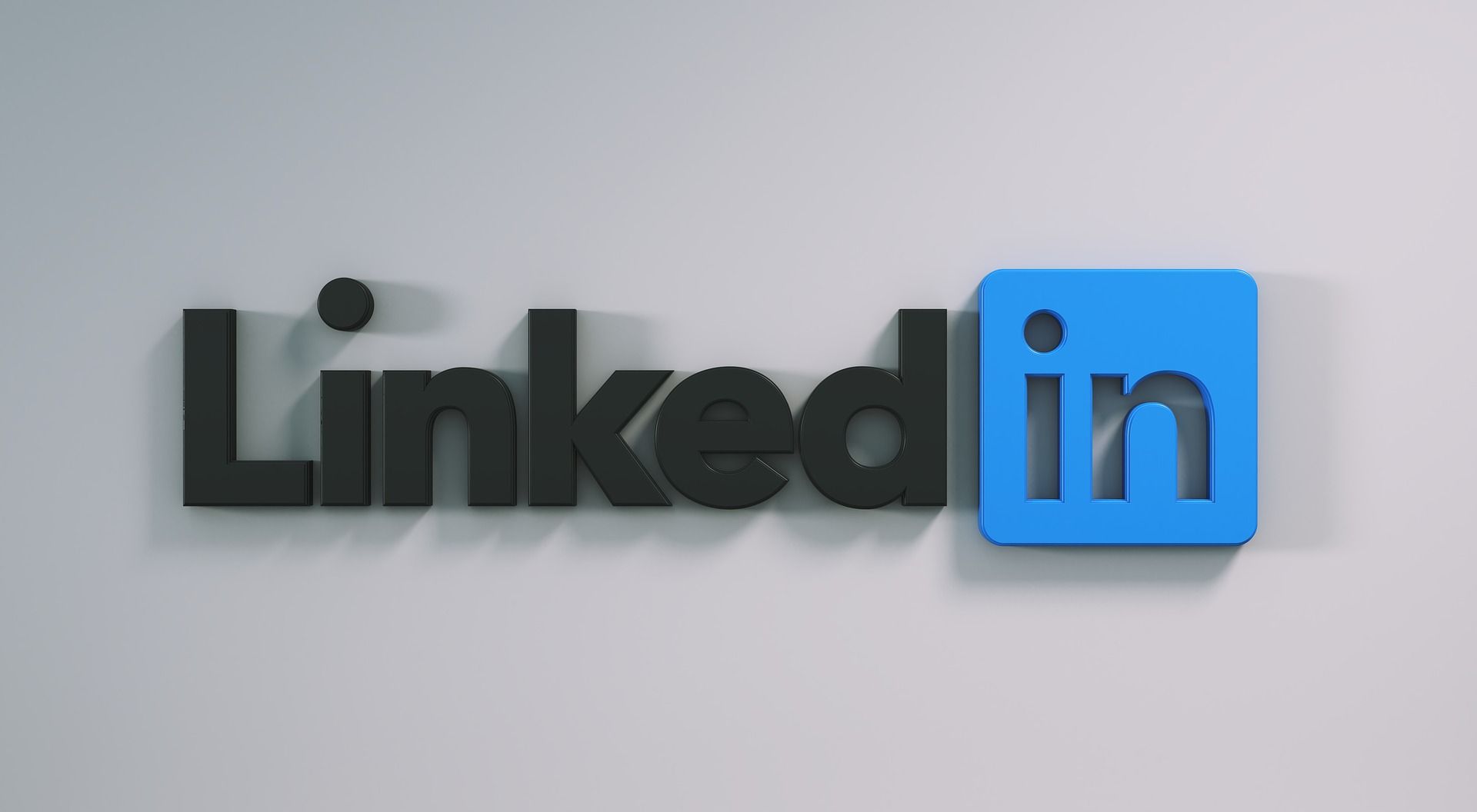LinkedIn is a powerful platform that can offer significant professional benefits. But, if you're not careful, it can quickly become a place where careless social media habits can negatively affect your career.
In other words, there are some things you should never do on LinkedIn. So if you want to avoid damaging your reputation, here's a list of conduct to steer clear of when using the platform.
1. Getting Too Personal

It’s essential to keep in mind that LinkedIn is not a typical social media site. While you may enjoy revealing more about your personal life on Facebook or Twitter, LinkedIn is a different ball game.
For starters, it's much more professional. That means you should avoid posting private photos or comments about your weekend activities unless they relate to work.
Before posting anything, ask yourself whether the information would make sense to someone in your professional network. If it wouldn't, then you probably shouldn't post.
2. Posting Strange or Bizarre Content
Your LinkedIn profile is an extension of your brand, and brands should remain professional. No one wants to associate with someone who posts weird photos, strange videos, inappropriate comments, or other questionable content.
Instead, most LinkedIn members want to follow those who behave professionally and discuss business-related topics. So save the strange for other social networks; you’ll need to stay professional to succeed on LinkedIn.
3. Posting Deceptive Information

While LinkedIn is a great place to showcase your professional brand, it's important to be honest. Sharing misleading information about yourself goes against the platform’s community guidelines. Beyond that, it could also ruin the relationships you’ve built or cause your account to be viewed as fake.
The same applies to endorsing other users. Never endorse a skill for a user you’re unsure of, as it could affect your credibility.
4. Spamming Other Users
LinkedIn is not the place for posting spam. That's because there are stringent rules about spamming on the platform. The professionalism of LinkedIn users depends on mutual respect and trust, and spamming breaks that trust. It's also disrespectful, damages your reputation, and can even get you kicked off the platform.
5. Being Overly Formal
LinkedIn is a professional networking site, but that doesn't mean every discussion needs to sound like a formal business letter. It's okay to share opinions and have fun once in a while. Just make sure to keep it professional.
6. Violating Someone's Intellectual Property Rights

LinkedIn has rules about what kind of content is acceptable. One of those rules is that users are prohibited from violating the intellectual property rights of others. In other words, if the content isn't yours, then you shouldn't share it as though it was.
On the other hand, sharing interesting articles via the share button is okay. Just make sure you give proper credit to the author.
7. Sending Questionable Messages
LinkedIn's users accept your connection requests because they want to keep in touch professionally. But many users aren't interested in doing business on the platform.
Sliding into the direct messages of strangers and asking for favors is poor LinkedIn etiquette. You should avoid that behavior at all costs.
Additionally, LinkedIn isn't a dating website. Avoid sending awkward online romance or chat-room-type discussions to your connections. Sticking with professional topics is expected, and doing so will protect you from embarrassment.
8. Sharing Shocking or Violent Material
Like every other popular social network, LinkedIn takes a hard line on content that users might find offensive---even if the content wasn’t meant to be. Sharing content that is shocking or gruesome goes against the community guidelines. That includes all photos and videos that depict extreme violence or injustice.
Of course, there are certain exceptions when posting to raise awareness, but you should always consider your professional reputation with any posts that could be seen as offensive.
9. Posting Hateful Content
In the same vein, LinkedIn is not a place to attack others. Avoid flaming, trolling, provoking, or threatening other users. Remember, you're on the site to present your professional image. Allowing hateful content to be associated with your profile is a sure way to damage your career.
Here’s what LinkedIn's community guidelines say about hateful content:
"We don’t allow content that attacks, denigrates, intimidates, dehumanizes, incites, or threatens hatred, violence, prejudicial or discriminatory action against individuals or groups because of their actual or perceived race, ethnicity, national origin, caste, gender, gender identity, sexual orientation, religious affiliation, or disability status."
10. Complaining About Former Employers or Coworkers
You should never vent about former or current employers, colleagues, or coworkers via LinkedIn. First, badmouthing others often reflects poorly on the person doing the badmouthing. Second, publicly complaining about others can label you as someone hard to work with.
While you will undoubtedly work with difficult people, LinkedIn etiquette demands that you keep your negative opinions about those people out of your profile.
11. Applying for Jobs With an Outdated Profile

When you apply for jobs on LinkedIn, one of the first details the job poster will see on your application is your related skills. The platform reveals this information to make sure an applicant's skills match those required by the job.
Therefore, when you acquire new skills, you should continually update your profile with your new credentials. A LinkedIn profile that is up-to-date and accurately reflects your talents boosts your chances of getting hired. At the same time, an outdated profile may cause an employer to overlook your application.
Finding Success on LinkedIn
To build your best business network, you should always consider your professional image when using LinkedIn. Separating your conduct on the platform from more informal social networks like Facebook and Twitter demonstrates professionalism, poise, and maturity.
Finally, being thoughtful about the information you share on LinkedIn will help you maintain the respect of others and build a positive career reputation.